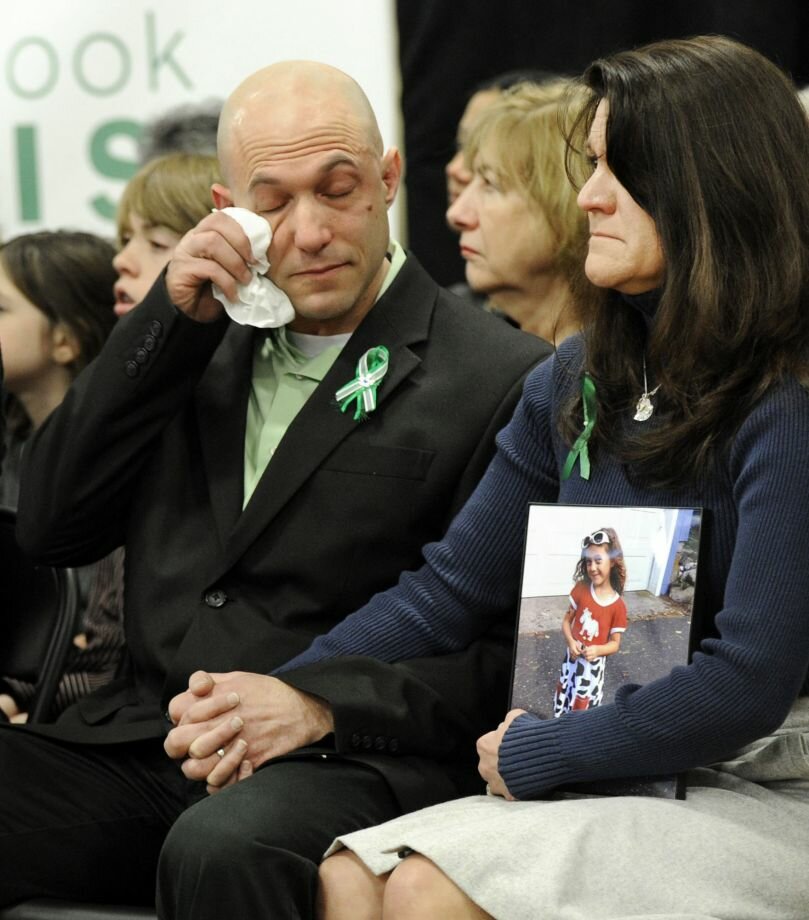Aid Groups Aim to Put Mental Health on World Agenda
Good mental health caring is wanting in many tools of a United States, though it is nonexistent in many of a world. In building countries, a ratio of mental health professionals to adults is about one in a million — and that immeasurable infancy of people with treatable conditions like stress and basin are left to their possess devices, or to a ministrations of internal folk healers.
This week, a World Bank and a World Health Organization are convening hundreds of doctors, assist groups and supervision officials to start an desirous bid to pierce mental health to a forefront of a general growth agenda.
“The conditions with mental health currently is like H.I.V.-AIDS dual decades ago,” Tim Evans, a comparison executive of health, nourishment and race during a World Bank Group, pronounced Tuesday in a call with reporters. “We are kick-starting a identical transformation for mental health, putting it precisely on a tellurian agenda.”

Interactive Feature | Troubled Minds, Shackled Bodies This array examines a onslaught to caring for people with mental illness in places where psychoanalysis is probably unknown.
The discussion in Washington coincides with a announcement on Tuesday of a initial tellurian guess of intensity earnings on investing in diagnosis programs for basin and anxiety, a many common mental disorders, that are now widespread in dispute zones and interloper communities.
In a examination of information from 36 countries, including bad nations in Africa and Asia as good as abundant countries in Europe and elsewhere, an general investigate group distributed that each dollar of investment in such programs would move a lapse of $3 to $5 in recovered mercantile contributions and years of healthy life. The investigate appears in a biography The Lancet Psychiatry.
“About 30 percent of sum incapacity costs are due to mental health disorders — this is outrageous number,” pronounced Dr. Shekhar Saxena, executive of a mental health and substance abuse dialect during a World Health Organization and one of a study’s co-authors.
An consultant not concerned in a investigate pronounced a investigate used state-of-the-art methods and was persuasive, given how small is famous about interventions in building countries in particular.

Interactive Feature | Sign Up for a Science Times Newsletter Every week, we’ll move we stories that constraint a wonders of a tellurian body, inlet and a cosmos.
“For a preference builder during a Ministry of Finance, these numbers would be a low-risk, high-gain investment,” pronounced a expert, Kjell Arne Johansson, an associate highbrow of tellurian open health and primary caring during a University of Bergen in Norway.
Dr. Johansson added, however, that since there were “few health mercantile evaluations of this kind available,” it was formidable to review a approaching earnings on investment in other forms of impediment and diagnosis programs.
Mental health has traditionally languished nearby a bottom of a general health agenda, as good as nations’ health spending. But general assist groups have sponsored dozens of interventions for stress and basin in building countries: for example, training mental health workers in Liberia in a arise of a Ebola conflict and a polite fight there; and environment adult screening and diagnosis services for women in Rwanda victimized by passionate or gender-based abuse.
In a analysis, a investigate group used a standardised apparatus called OneHealth to calculate diagnosis costs and outcomes in a 36 countries from 2016 to 2030.
Assuming a 5 percent alleviation in health and easy productivity, a investigate group distributed that an investment of $147 billion in diagnosis for these common mood disorders would outcome in some $400 billion in returns, pronounced Dan Chisholm a health economist during W.H.O. and another co-author of a study.
Let’s retard ads! (Why?)


